“Do not train a child to learn by force or harshness; but direct them to it by what amuses their minds, so that you may be better able to discover with accuracy the peculiar bent of the genius of each.” – Plato

As parents, our impact on our children is the greatest. As all of us individuals are different, it is natural for us to, therefore, be different also in our approach and ways of nurturing our children. During the early 1960s, Diana Baumrind, a renowned psychologist, conducted a study on more than 100 preschool-age children (Baumrind, 1967). Data was collected through mostly anecdotal records, observations and interviews with parents, Baumrind drew a link between two dimensions in parenting styles: authority versus responsiveness.
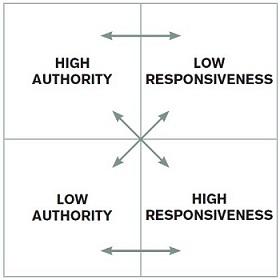
Many research have pointed to the fact that high authoritative levels of parenting generally results in high levels of competencies in children. In a child’s early and formative years, the impact is especially stark. Children, for example, who are given high demands by parents to respond to discipline and routine, gain greater spans of concentration at an earlier age.
That, however, does not give vindication to say that we should all be “Tiger Dads and Tiger Mums“. “Allowing children flexibility and freedom may result in positive outcomes when children live in safe areas and their peers are less likely to engage in dangerous behaviour, but in high-risk neighbourhoods, higher degrees of parental control might be necessary”. (Bornstein & Bornstein, 2007)
Ethnic and cultural differences must also be taken into account in studying the effects of parenting styles on child social development. That said, the correlation that strict parents will get ‘good kids’ might not be necessarily true. Conversely, parents who have low controls on their children might raise children with the utmost levels of self-discipline.
Perhaps then, we should not be looking at how we are parenting but the options available as a parent to exercise. Consider the following:
Disciplinary strategies
Discipline need not be a cane-and-spank situation. It could also work as a ‘reward approach’. The importance is to follow through with the consequences. Let the child know that it is important to be responsible for the actions that they take. This cause-and-effect method works well with very young children.
Warmth and nurturance
The older a child becomes, the more they are able to relate to more emotive methods of discipline. I often tell my 6-year-old that when mummy spanks or reprimands her, it hurts me as well. The juxtaposition allows the child to see things from a different perspective and not take things only from theirs.
Communication styles
Pitch and tone annunciate intent. Being firm and detailing expectations through a strict and serious voice allows for the child to understand the importance of this moment. Follow through with the instructions in the same manner and soon they will understand that an instruction given is meant to be adhered.
Expectations of maturity and control
At the right moments, pass the discipline and responsiveness to a given situation back to a child. The passing of the demands (on them) back to themselves builds independence and self-reflection. Build tools for the child to see why some actions are not condoned whilst others are. You will be surprised at how quick a young child can pick up on the notions of right from wrong and act upon it accordingly.
At times, it will be hard for us both physically and emotionally to enforce and be firm in our beliefs and rationale for parenting our child(ren) in a certain way. So whilst we mould our young ones to be excelling and working towards the values that we hold important to us, in many situations, adoption of a flexible and warm authoritative parenting style is most beneficial for a child’s social, intellectual, moral and emotional growth.
By Esther Yeo.
A mother of three children, Esther Yeo is the CEO and Founder of LEAP SchoolHouse and has more than 10 years of teaching experience and has taught widely in both Secondary and Primary schools.
If you find this article useful, do click Like and Share at the bottom of the post, thank you.
Like what you see here? Get parenting tips and stories straight to your inbox! Join our mailing list here















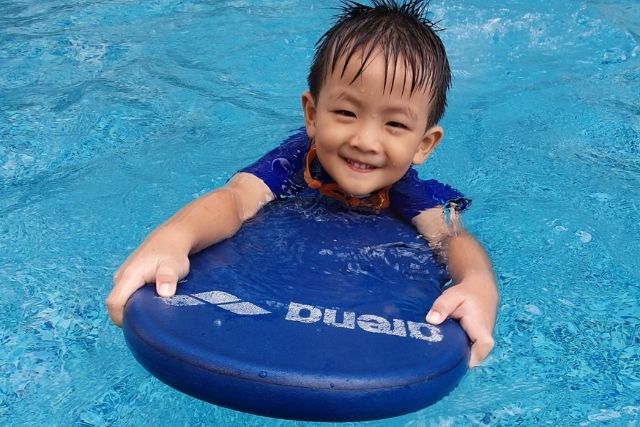




















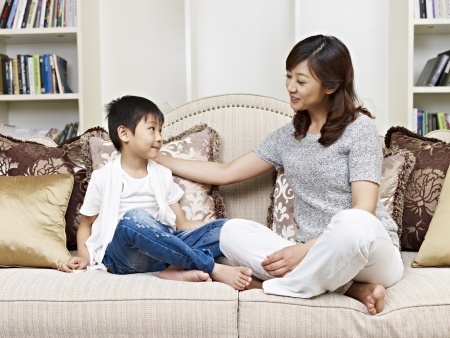

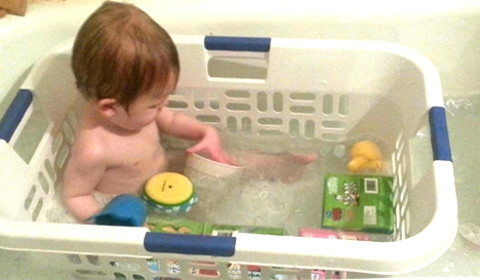


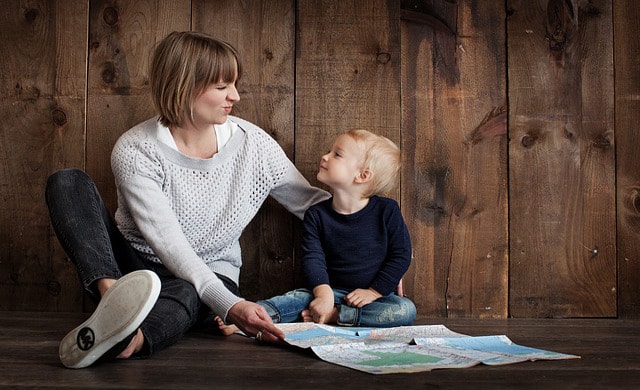

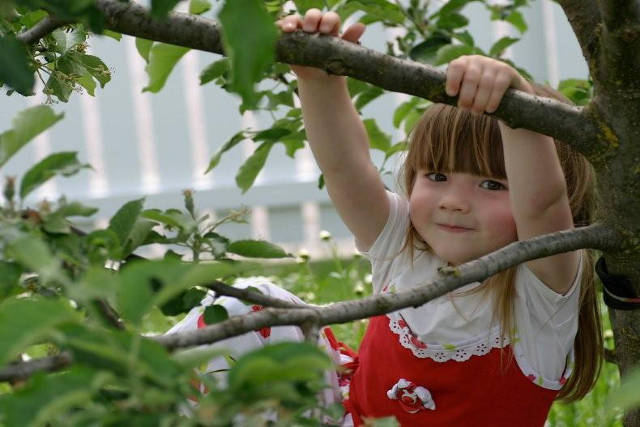
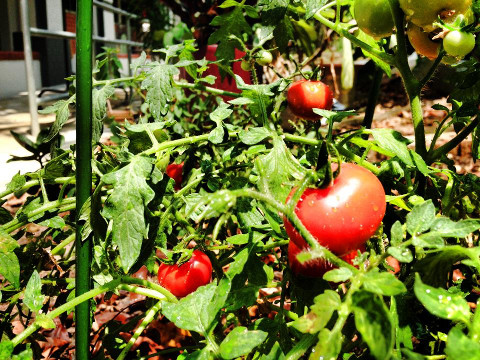
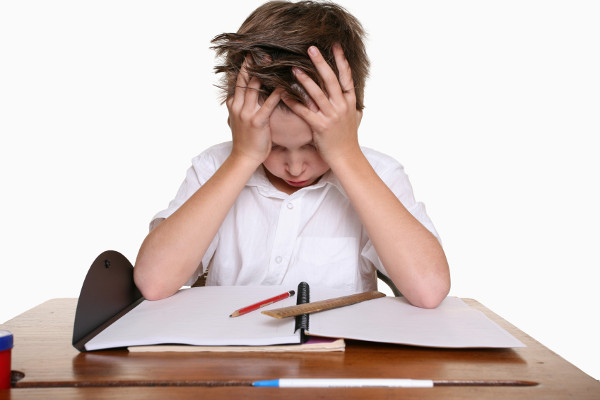

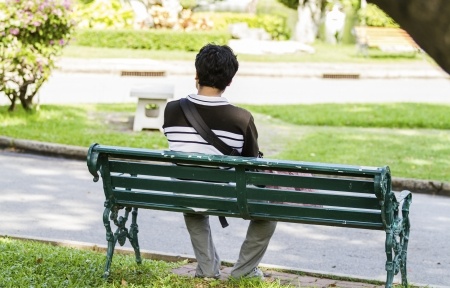


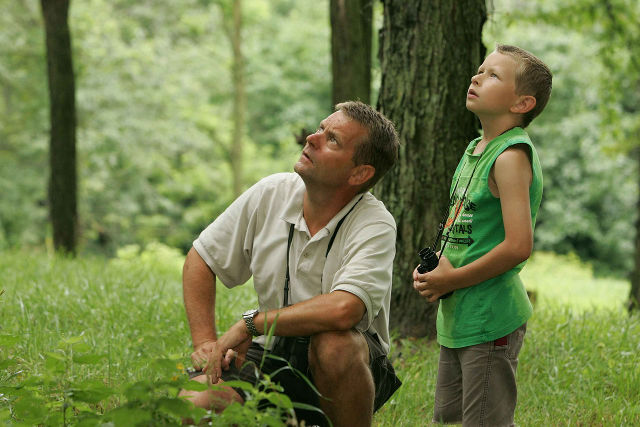

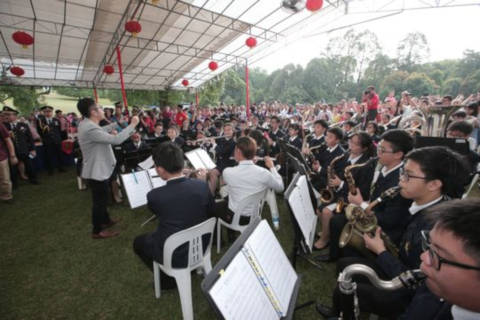







Leave a Comment: